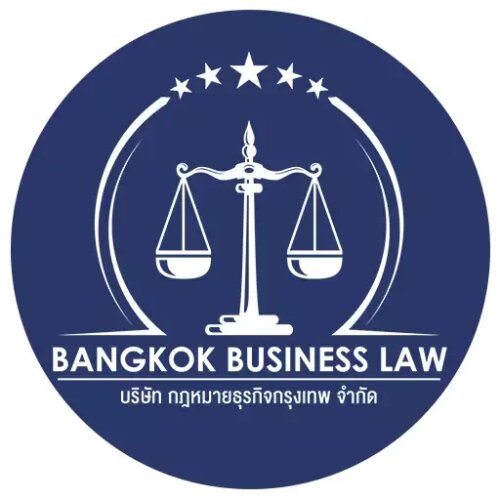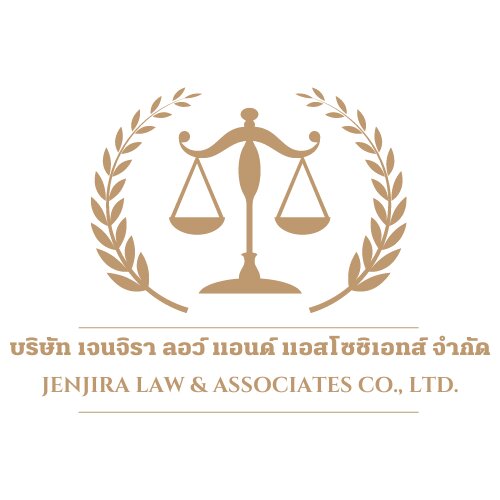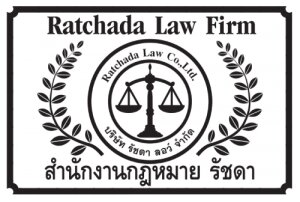Best Water Law Lawyers in Bang Kapi
Share your needs with us, get contacted by law firms.
Free. Takes 2 min.
List of the best lawyers in Bang Kapi, Thailand
About Water Law in Bang Kapi, Thailand
Water Law in Bang Kapi, a district of Bangkok, is governed by national statutes as well as local ordinances specific to the Bangkok Metropolitan Administration (BMA). Water Law deals with the rights and responsibilities relating to the use, management, pollution, and distribution of water resources such as rivers, canals (klongs), lakes, groundwater, and municipal supply. In an urban district like Bang Kapi, issues often focus on water pollution, flood control, water supply, drainage management, and disputes over access or usage of public and private water bodies.
Why You May Need a Lawyer
There are several reasons why someone in Bang Kapi may require legal assistance concerning Water Law. Common scenarios include:
- Disputes over water rights between neighbors, commercial properties, or developers
- Regulatory compliance for businesses regarding wastewater discharge or water usage permits
- Handling penalties or fines for violating water pollution or drainage control laws
- Challenges related to land development near water bodies, such as permission for construction or alteration
- Managing flood risks and liability in case of water-related property damage
- Seeking compensation for water contamination or environmental damage
- Understanding obligations related to rainwater harvesting, stormwater management, or water conservation
Local Laws Overview
In Bang Kapi, Water Law falls under both general national legislation and local regulations. Key legal instruments and principles include:
- Thailand Water Resources Act B.E. 2561 (2018): This Act provides the framework for managing, conserving, and allocating water resources throughout Thailand.
- Bangkok Metropolitan Administration Act: Authorizes the BMA to establish rules for water supply, drainage systems, flood management, and pollution controls in all Bangkok districts including Bang Kapi.
- Pollution Control Act B.E. 2535 (1992): Governs how wastewater and pollutants can be discharged into public water bodies, specifying fines and remediation for violations.
- Building Control Act B.E. 2522 (1979): Requires legal compliance for any construction near rivers, canals, or lakes in terms of setbacks, drainage, and impact on water systems.
Residents and business owners in Bang Kapi should be aware that regulations on groundwater extraction, building near waterways, waste disposal, and flood control are enforced by both local and national bodies. Permit applications, environmental impact assessments, and regular inspections are common regulatory requirements.
Frequently Asked Questions
What permits are needed to extract groundwater in Bang Kapi?
Extraction of groundwater typically requires a license from the Bangkok Metropolitan Waterworks Authority and must comply with the Water Resources Act as well as local BMA regulations.
Can I build a structure next to a khlong (canal) in Bang Kapi?
Construction near public waterways usually requires special permission from the BMA and must respect legal setback distances and drainage system requirements.
What should I do if my property is damaged by flooding caused by a neighbor?
You may have grounds for a legal claim, especially if negligence can be proven. Consulting a lawyer is recommended to assess your rights and possible compensation.
Are there rules on disposing wastewater from my business?
Yes, discharge of wastewater into public drains or water bodies must meet pollution control standards. Permits and regular testing are often required, and violations can result in fines or business closure.
Can the government restrict my use of water during droughts or emergencies?
Yes, the government has the authority to impose restrictions on water usage during times of scarcity, emergencies, or environmental need, as provided by the Water Resources Act.
How are water rates and fees determined in Bang Kapi?
Water supply rates are typically set by the Bangkok Metropolitan Waterworks Authority, while some fees (such as drainage fees) may be set by the BMA at the local district level.
What are the penalties for polluting a public waterway?
Penalties can include fines, directives for cleanup, and in severe cases, criminal charges. These are enforced under the Pollution Control Act and local ordinances.
Do I need approval for rainwater harvesting systems?
While small-scale rainwater harvesting for personal use is generally permitted, large-scale systems or those that connect to public drainage may require BMA approval.
How is stormwater managed in Bang Kapi to prevent flooding?
The BMA manages a network of drains, pumps, and floodways and may issue guidelines for property owners on maintaining lawful drainage and avoiding obstructions to public water flow.
Who do I contact for water-related disputes or legal advice?
Depending on the nature of your issue, you may start with the district office, the BMA’s Department of Drainage and Sewerage, or consult directly with a lawyer specializing in Water Law.
Additional Resources
There are several helpful resources and organizations for those seeking additional information or legal assistance in Water Law:
- Bangkok Metropolitan Administration (BMA) - Responsible for water management, drainage, and environmental issues in Bang Kapi
- Bangkok Metropolitan Waterworks Authority - Oversees water supply and groundwater extraction permits
- Department of Water Resources (DWR), Ministry of Natural Resources and Environment - National policies and water resource mapping
- Office of Natural Resources and Environmental Policy and Planning (ONEP) - Environmental impact assessments and water conservation work
- Thailand Lawyers Council or local Bar Association - Referral services for lawyers specializing in environment and Water Law
Next Steps
If you require legal assistance in Water Law matters in Bang Kapi, Thailand, consider the following steps:
- Document your situation, including any official permits, correspondence, or notices you have received.
- Reach out to the relevant government office for preliminary guidance or clarification.
- Consult with a qualified lawyer familiar with Water Law and Bangkok Metropolitan regulations to assess your rights and obligations.
- Prepare all paperwork and evidence before any meetings or hearings to support your case effectively.
- If required, participate in mediation or negotiation to resolve the dispute amicably before pursuing formal legal action.
Navigating Water Law issues can be challenging due to the overlap of national and local regulations. Legal advice can clarify your options and ensure compliance, whether you are a property owner, developer, or resident in Bang Kapi.
Lawzana helps you find the best lawyers and law firms in Bang Kapi through a curated and pre-screened list of qualified legal professionals. Our platform offers rankings and detailed profiles of attorneys and law firms, allowing you to compare based on practice areas, including Water Law, experience, and client feedback.
Each profile includes a description of the firm's areas of practice, client reviews, team members and partners, year of establishment, spoken languages, office locations, contact information, social media presence, and any published articles or resources. Most firms on our platform speak English and are experienced in both local and international legal matters.
Get a quote from top-rated law firms in Bang Kapi, Thailand — quickly, securely, and without unnecessary hassle.
Disclaimer:
The information provided on this page is for general informational purposes only and does not constitute legal advice. While we strive to ensure the accuracy and relevance of the content, legal information may change over time, and interpretations of the law can vary. You should always consult with a qualified legal professional for advice specific to your situation.
We disclaim all liability for actions taken or not taken based on the content of this page. If you believe any information is incorrect or outdated, please contact us, and we will review and update it where appropriate.










